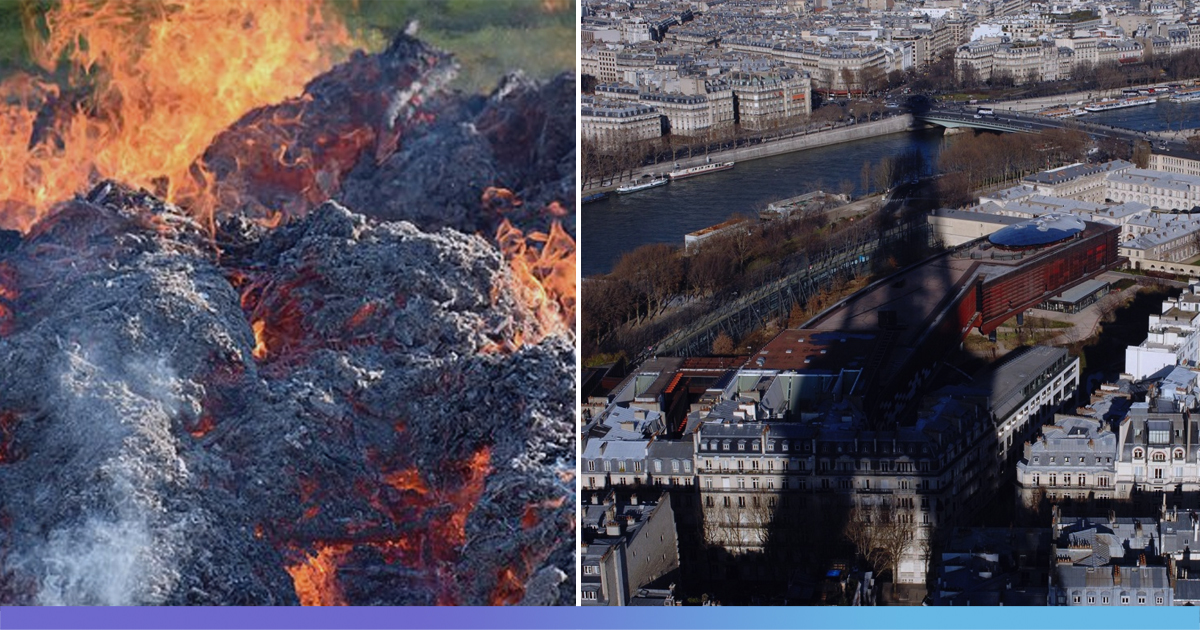As the second heatwave in a month baffles people across Europe, several cities in the continent witnessed all-time high temperatures on Thursday (25 July 2019). Paris witnessed a maximum temperature of 42.55 degrees Celsius on Thursday, breaking its all-time high temperature of 40.4 degrees Celsius temperature in 1947.
In France alone, at least five people have died due to heatstroke.
Officials have said that drownings have increased by 30 percent as compared to the past year. They say that the deaths have increased as unskilled swimmers, due to unlikely rise in temperatures, seek relief in the water. At least 60 people have died due to the indirect effects of the heatwave, according to a VOX report.
Heatwave have severely affected lives in northern and western Europe, with temperatures setting records of 41.5 degrees Celsius in Germany, 40.7 degrees in the Netherlands and, 39.8 degrees in Belgium.
“This is the first time that this affects departments in the north of the country . . . populations that are not accustomed to such heat,” said Agnès Buzyn, France’s health minister. “No one is safe in such temperatures,” she added.
The temperature in Cambridge, England, climbed to 38 degrees Celsius. According to the United Kingdom’s Met Office, Heathrow Airport, London, witnessed a record temperature of 36.9 degrees Celsius.
If the trend continues, 2019 is going to be one of the five hottest years and July 2019 will be recorded as the hottest month globally. Currently, June 2019, is the hottest month since record-keeping began in the late 19th century.
Only 5% Of People Use Air Conditioner In Europe
In a continent where air conditioning is seen as a luxury and only 5 percent of people have an air conditioner, rise in temperature to such an extent is highly unusual. People in Europe are not used to such a rise in temperature and at the time unprepared to deal with it.
“Air conditioning is no longer a comfort — it’s a necessity. It’s as if people had no heat in winter,” told Sacha Gaillard, a technician with Les Bons Artisans, a French company whose business includes installing air conditioners to The Washington Post. “We are in a situation where people cannot live,” Gaillard added.
Gaillard further mentioned that air-conditioning business across France has increased exponentially in the past five years.
Human-Caused Climate Change
An analysis performed by a group of scientists after Europe witnessed its first heatwave of the summer, earlier this month, shows that human-caused climate change have made heatwaves, five times more likely to occur.
According to Radley Horton, a climate researcher at Columbia University, “The combination of increasing average temperature and increasing variability, all due to human activity, could push vulnerable people and systems past the brink.”
Also Read: Global Temperature To Rise By 1.5 Degree Celsius Between 2030 And 2052: UN Report











